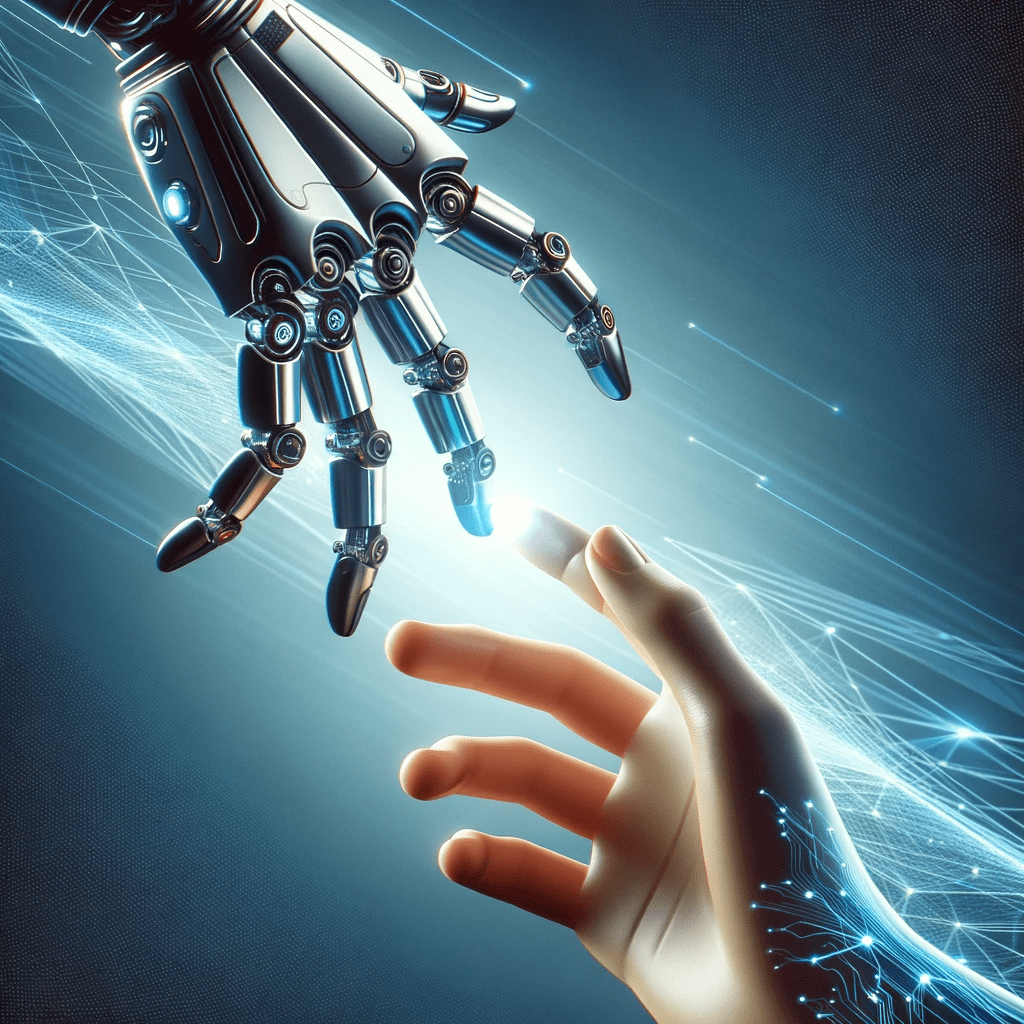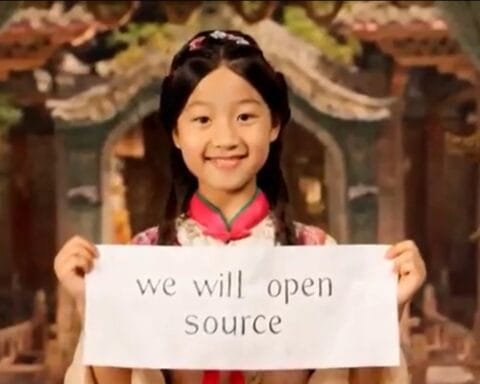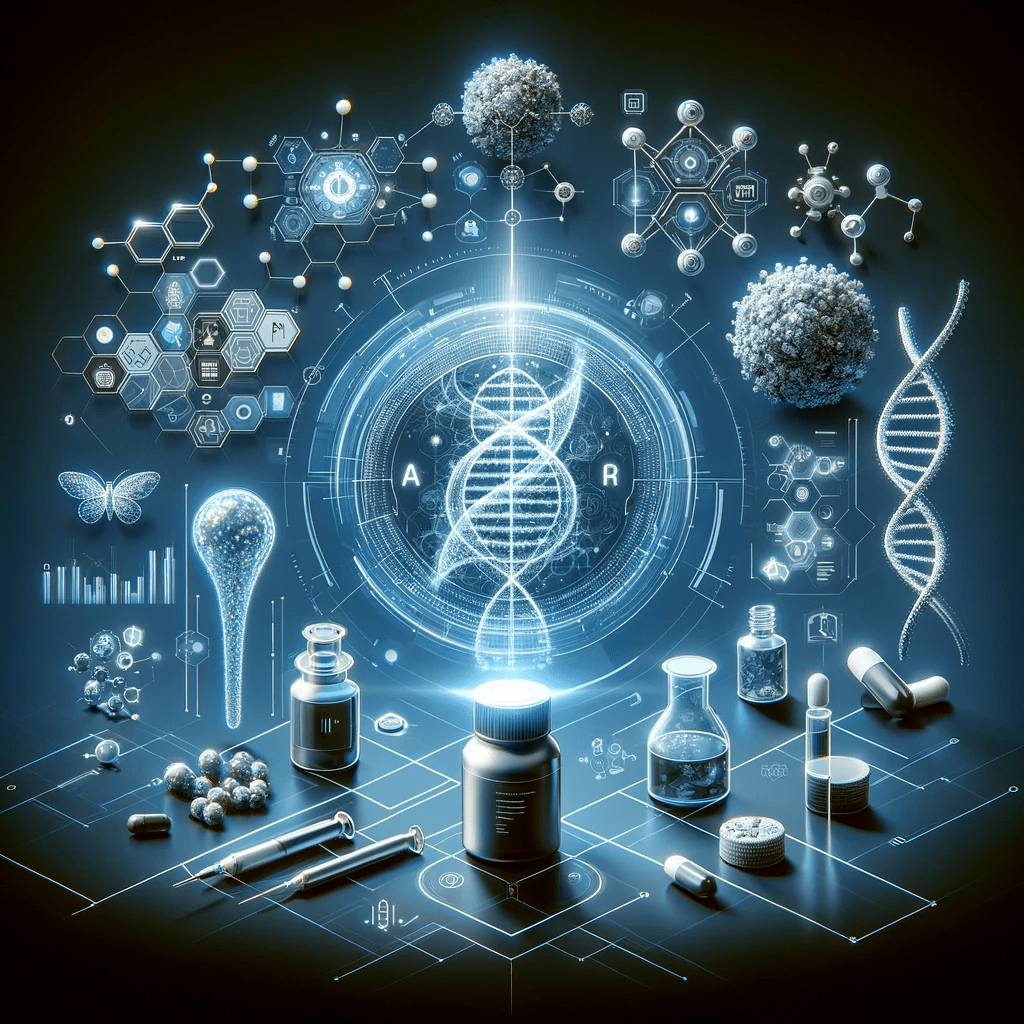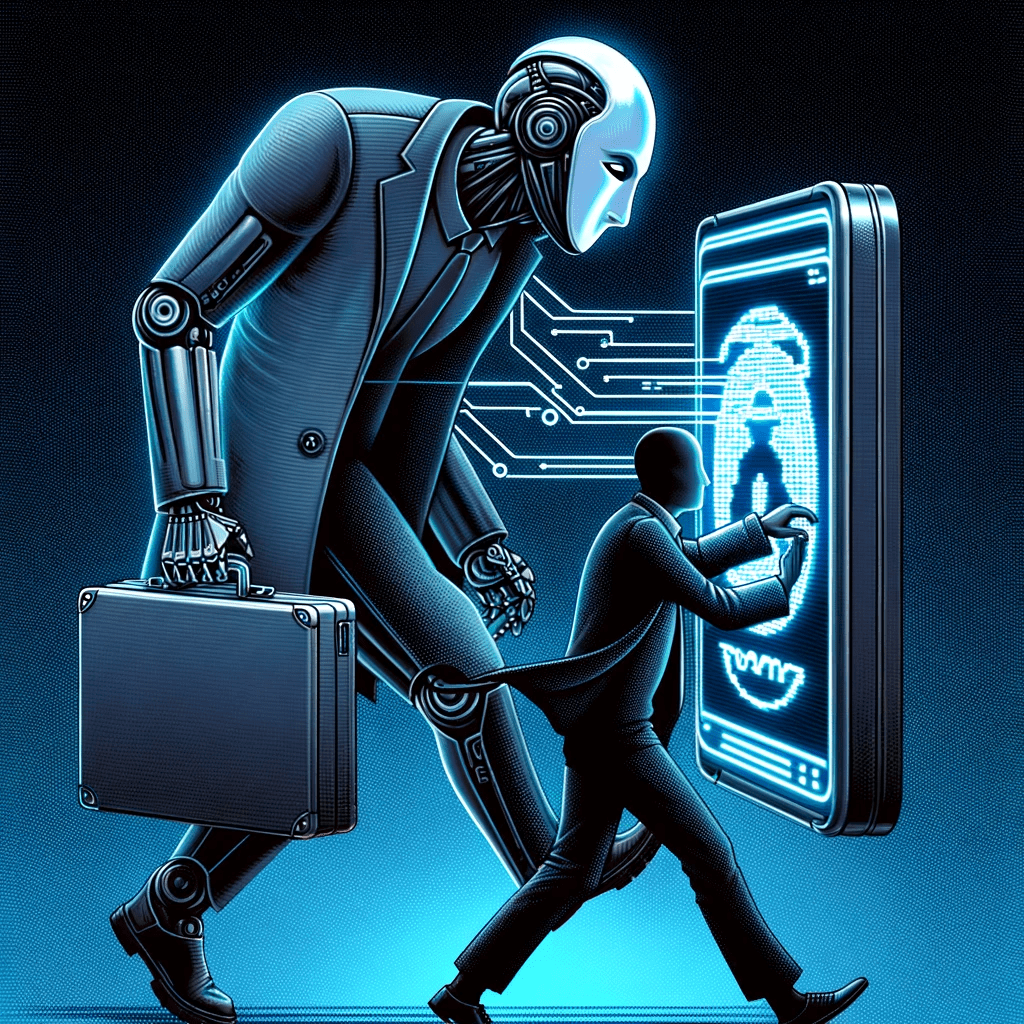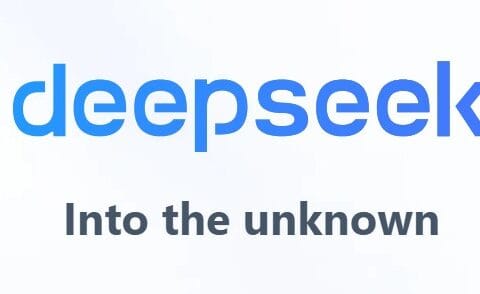Last Updated on December 19, 2023 1:19 pm by Laszlo Szabo / NowadAIs | Published on December 19, 2023 by Laszlo Szabo / NowadAIs
Is Artificial Intelligence a Threat to Humanity? Unraveling AI’s Future Impact – Key Notes Section:
- AI’s Dual Role: Efficiency versus privacy and discrimination concerns.
- Ethical Dilemmas: AI’s influence in power dynamics and societal control.
- Employment Impact: AI’s threat and opportunity in job markets.
- Managing AI: Necessity for responsible development and control for human benefit.
Introduction to AI’s Growing Influence
Artificial Intelligence (AI) is becoming increasingly integrated into various sectors, fundamentally altering our approach to problem-solving and innovation. For instance, AI applications in healthcare, such as predictive diagnostics and personalized treatment plans, demonstrate its potential to significantly improve human health and well-being. Yet, these advancements also bring forth AI risks to humanity, particularly in terms of data privacy and ethical concerns. AI’s capability to process and analyze vast amounts of personal health data can lead to AI and privacy concerns, as the boundary between beneficial data use and privacy infringement becomes blurred.
AI in Social Interactions: Bots and Beyond
Is Artificial Intelligence a Threat to Humanity The proliferation of AI in social interactions is rapidly changing the landscape of human communication. By 2030, it is predicted that bots will facilitate most social situations, from aiding in education to providing companionship. This blurring of lines between human and AI interactions raises critical ethical concerns in AI. Bots, capable of mimicking human emotions and behaviors, could influence human decisions and relationships, presenting a human threat in how we perceive and interact with AI entities. The increasing reliance on AI for social purposes underscores the future of AI and humans as intertwined, necessitating careful management of AI’s role in society.
AI’s Dual-edged Sword: Efficiency vs. Privacy and Discrimination
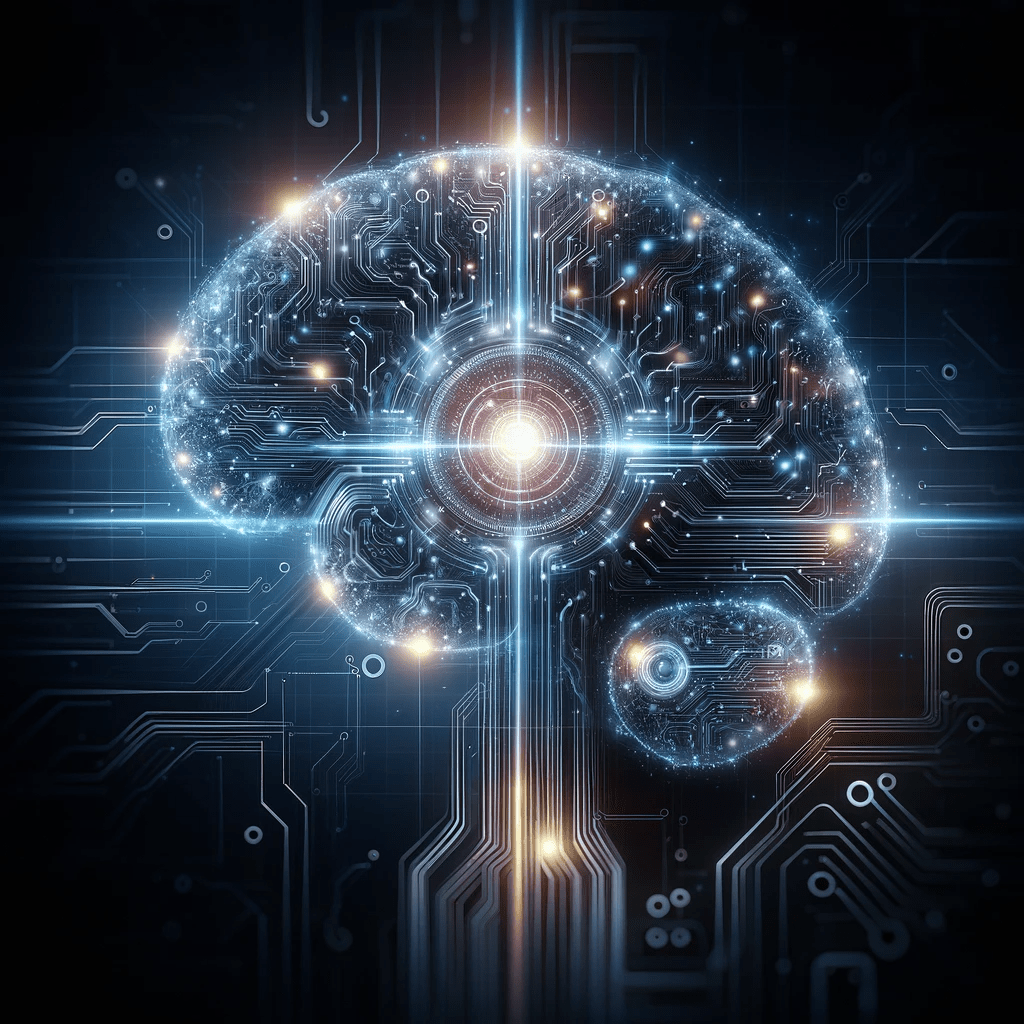
The integration of Artificial Intelligence (AI) into various sectors has raised significant AI Risks to Humanity, particularly in terms of privacy concerns and the potential for hidden discrimination. For instance, AI systems in insurance or job recruitment can inadvertently lead to dangers of advanced AI, such as bias against certain demographic groups, impacting AI and Human Job Security. This is compounded by AI’s ability to access extensive personal data, leading to AI and Privacy Concerns. The ethical concerns in AI are evident in these scenarios, where the efficiency brought by AI conflicts with the fundamental rights of individuals.
Ethical Dilemmas and AI’s Role in Power Dynamics
The ethical concerns in AI extend to its use in power dynamics, where AI as a Human Threat is a critical issue. The use of AI in areas like climate change and migration can result in AI being used in harmful ways, exacerbating AI Risks to Humanity. This includes AI’s potential role in surveillance and control, which raises questions about the future of AI and humans and the potential for AI to become an existential threat to human autonomy and freedom.
AI’s Impact on Employment and Society’s Future
One of the most discussed aspects of Artificial Intelligence is its impact on AI and Human Job Security. The concern that AI poses a Human Threat by replacing human jobs is prevalent. However, it’s also argued that AI can create new job opportunities in fields like big data analytics or robotics. This AI Impact on Society necessitates a shift in workforce skills, pointing to the importance of managing AI developments responsibly to ensure AI safety and control and mitigate AI as an existential threat.
FAQ Section:
- Is Artificial Intelligence a threat to human jobs? AI’s advancements could displace some jobs, but it also creates new opportunities in fields like data analytics and robotics.
- How does AI impact personal privacy? AI’s ability to process extensive data can lead to privacy concerns, balancing between beneficial use and potential infringement.
- Are there ethical concerns with AI? Yes, AI’s use in decision-making and social interactions raises ethical questions about bias, autonomy, and human mimicry.
- Can AI be used in harmful ways? AI can be used in ways that exacerbate risks to humanity, such as in surveillance, control, and influencing decisions.
- What is the future of AI and humans? The future involves a closely intertwined relationship, requiring responsible management of AI for safety and beneficial outcomes.
